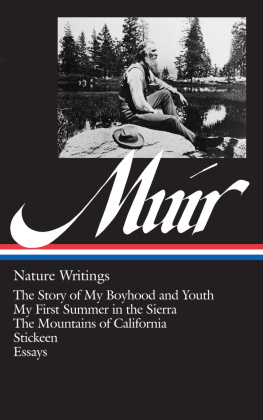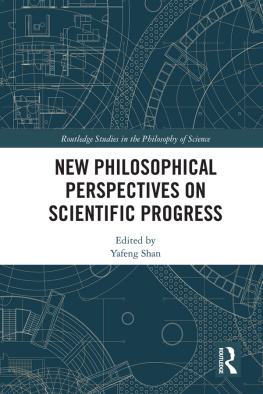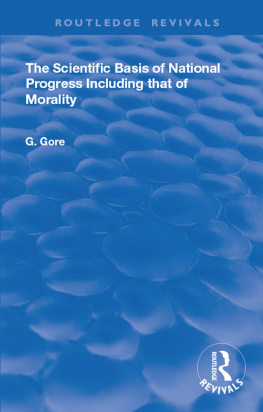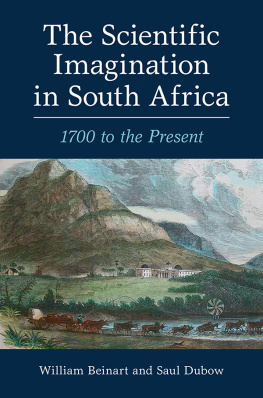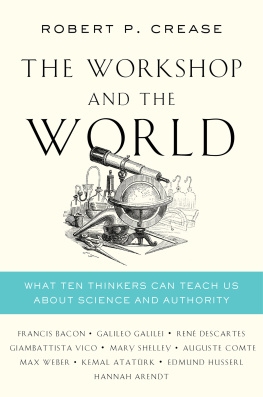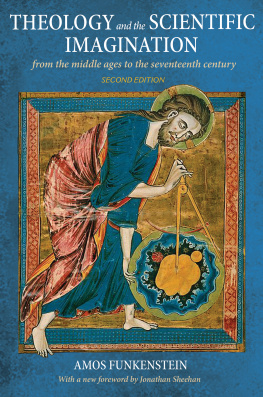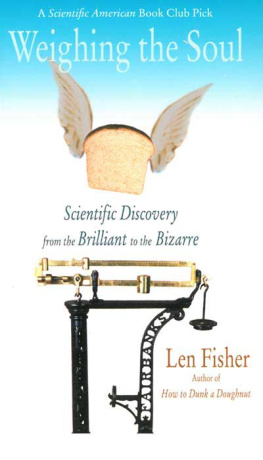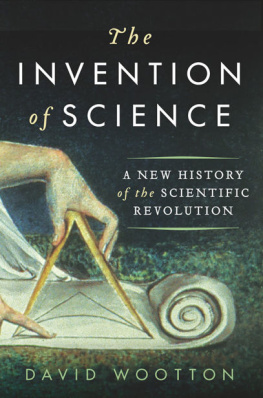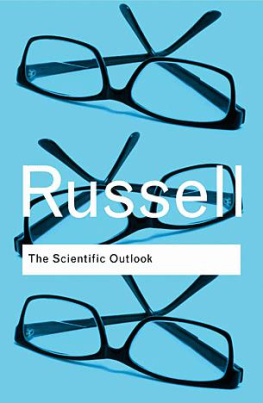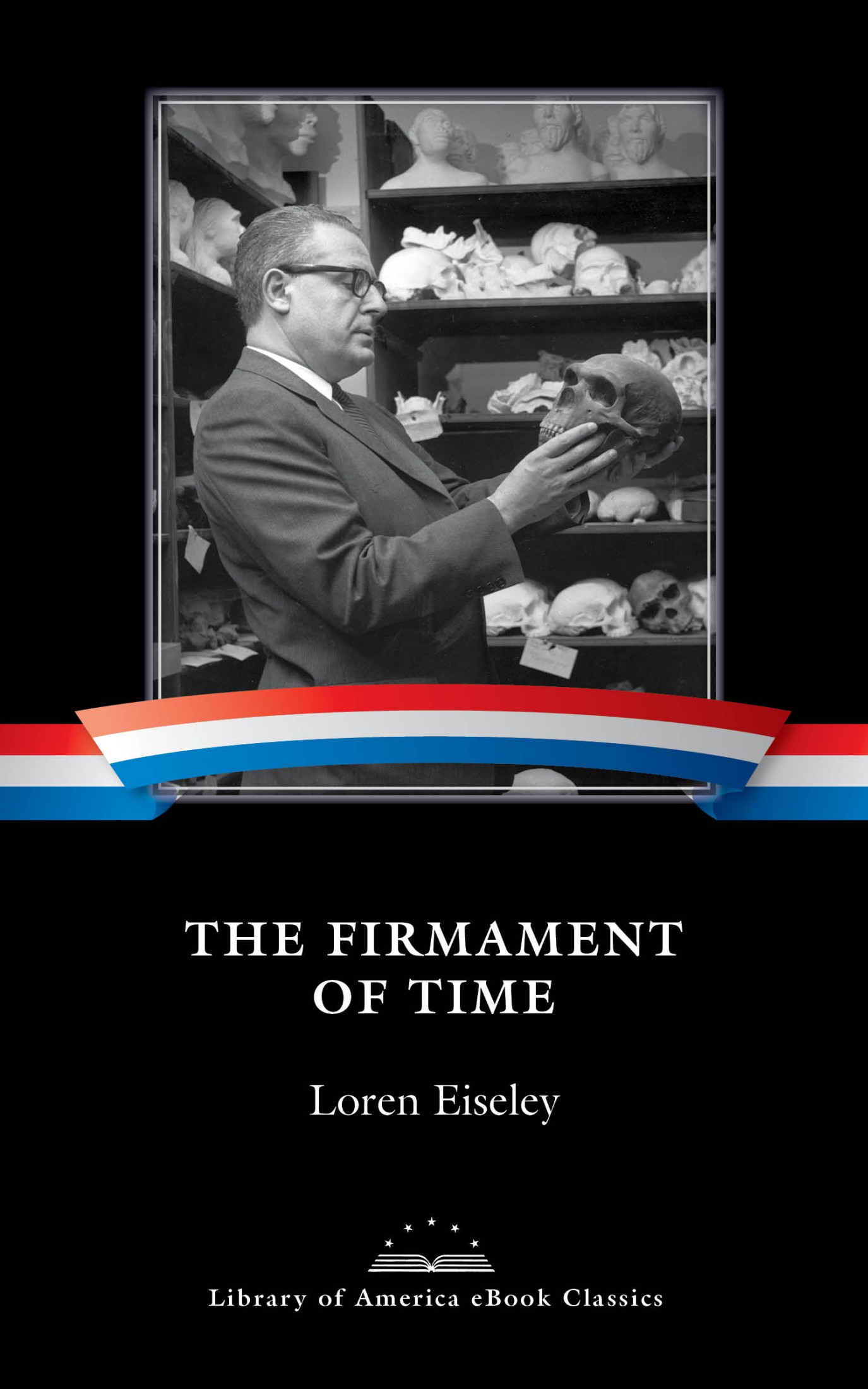L OREN E ISELEY
The Firmament of Time
William Cronon, editor

LIBRARY OF AMERICA E-BOOK CLASSICS
Notes and chronology copyright 2016 by
Literary Classics of the United States, Inc., New York, N.Y.
All rights reserved.
No part of this book may be reproduced in any manner whatsoever
without the permission of the publisher, except in the case of
brief quotations embodied in critical articles and reviews.
The Firmament of Time copyright 1960 by Loren Eiseley,
renewed 1988 by John A. Eichman, 3rd. Reprinted by
arrangement with the Trustees of the University of Pennsylvania.
Distributed to the trade in the United States
by Penguin Random House Inc.
and in Canada by Penguin Random House Canada Ltd.
LIBRARY OF AMERICA, a nonprofit publisher, is dedicated to publishing, and keeping in print, authoritative editions of Americas best and most significant writing. Each year the Library adds new volumes to its collection of essential works by Americas foremost novelists, poets, essayists, journalists, and statesmen.
Visit our website at www.loa.org to find out more about Library of America and to explore our popular Story of the Week and Moviegoer features.
e ISBN 9781598535440
of the firmament of time
May be eclipsed, but are extinguished not;
Like stars to their appointed height they climb,
And death is a low mist which cannot blot
The brightness it may veil. When lofty thought
Lifts a young heart above its mortal lair,
And love and life contend in it, for what
Shall be its earthly doom, the dead live there
And move like winds of light on dark and stormy
air.
PERCY BYSSHE SHELLEY
ONE
this Beginning was, is a matter of faith, and so infallible. When it was, is matter of reason, and therefore various and perplexd.
JOHN DONNE
M AN IS AT heart a romantic. He believes in thunder, the destruction of worlds, the voice out of the whirlwind. Perhaps the fact that he himself is now in possession of powers wrenched from the atoms heart has enhanced the appeal of violence in natural events. The human generations are short-lived. We have difficulty in visualizing the age-long processes involved in the upheaval of mountain systems, the advance of continental glaciations or the creation of life. In fact, scarcely two hundred years have passed since a few wary pioneers began to suspect that the earth might be older than the 4004 years B.C . assigned to it by the theologians. At all events, the sale of Velikovskys Worlds in Collision a few years ago was a formidable indication that after the passage of two centuries of scientific endeavor, man in the mass was still enormously susceptible to the appeal of cataclysmic events, however badly sustained from the scientific point of view. It introduced to our modern generation, bored long since with the endless small accretions of scientific truth, the violence and catastrophism in world events which had so impressed our forefathers.
Man has always had two ways of looking at nature, and these two divergent approaches to the world can be observed among modern primitive peoples, as well as being traceable far into the primitive past. Man has a belief in seen and unseen nature. He is both pragmatist and mystic. He has been so from the beginning, and it may well be that the quality of his inquiring and perceptive intellect will cause him to remain so till the end.
Primitive man, grossly superstitious though he may be, is also scientist and technologist. He makes tools based upon his empirical observation of the simple forces around him. Man would have vanished long ago if he had been content to exist in the wilderness of his own dreams. Instead he compromised. He accepted a world of reality, a natural, everyday, observable world in which he existed, and whose forces he utilized in order to survive. The other aspect of his mind, the mystical part seeking answers to final questions, clothed this visible world in a shimmering haze of magic. Unseen spirits moved in the wood. Today in our sophistication we smile, but we are not satisfied with the appearances of the phenomenal world around us. We wish to pierce beneath to ask the question, Why does the universe exist? We have learned a great deal about secondary causes, about the how of things. The why, however, eludes us, and as long as this is the case, we will have a yearning for the marvelous, the explosive event in history. Indeed, so restless is mans intellect that were he to penetrate to the secret of the universe tomorrow, the likelihood is that he would grow bored on the day after.
writing around the turn of this century remarked that all of the past generations of men have lived and died in a world of illusions. The unconscious irony in his observation consists in the fact that this man assumed the progress of science to have been so great that a clear vision of the world without illusion was, by his own time, possible. It is needless to add that he wrote before Einstein, before the spread of Freuds doctrines, at a time when Mendel was just about to be rediscovered, and before advances in the study of radioactivity had made their impactof both illumination and confusionupon this century.
Certainly science has moved forward. But when science progresses, it often opens vaster mysteries to our gaze. Moreover, science frequently discovers that it must abandon or modify what it once believed. Sometimes it ends by accepting what it has previously scorned. The simplistic idea that science marches undeviatingly down an ever broadening highway can scarcely be sustained by the historian of ideas. As in other human affairs, there may be prejudice, rigidity, timid evasion and sometimes inability to reorient oneself rapidly to drastic changes in world view.
The student of scientific history soon learns that a given way of looking at things, a kind of unconscious conformity which exists even in a free society, may prevent a new contribution from being followed up, or its implications from being fully grasped. The work of Gregor Mendel, founder of modern genetics, suffered such a fate. Darwins forerunners endured similar neglect. Semmelweis, the discoverer of the cause of childbed fever, was atrociously abused by his medical colleagues. To rest uneasy consciences, we sometimes ascribe such examples of intolerant behavior to religious prejudiceas though there had been a clean break, with scientists all arrayed under the white banner of truth while the forces of obscurantism parade under the black flag of prejudice.
The truth is better, if less appetizing. Like other members of the human race, scientists are capable of prejudice. They have occasionally persecuted other scientists, and they have not always been able to see that an old theory, given a hairsbreadth twist, might open an entirely new vista to the human reason.
I say this not to defame the profession of learning but to urge the extension of education in scientific history. The study leads both to a better understanding of the process of discovery and to that kind of humbling and contrite wisdom which comes from a long knowledge of human folly in a field supposedly devoid of it. The man who learns how difficult it is to step outside the intellectual climate of his or any age has taken the first step on the road to emancipation, to world citizenship of a high order.


